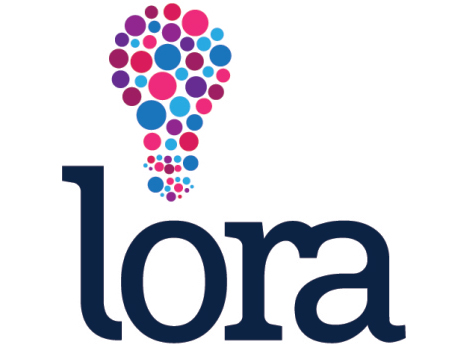There are many solutions to choose from for the wireless network transmission technology of the Internet of Things. Different communication technologies have different characteristics and each have their own application scenarios. For example, WiFi can transmit a large amount of data at high speed, but the range is limited; cellular network combines the advantages of high speed and long distance, but has insufficient power; NB-IoT is suitable for real-time and large data transmission; LoRa is suitable for small data volume , management of regular, large-scale, low power consumption requirements.
IoT applications like urban lighting control, weather monitoring, and agricultural monitoring have different priority mixes. In these applications, quantities such as weather conditions, soil moisture content, or streetlight switches are measured or controlled and change slowly over long periods of time. Additionally, sensor nodes are often miles apart and powered by batteries, so the best wireless protocols must be able to send small packets over long distances with minimal power consumption. The LoRa protocol is designed to meet such requirements.


LoRa Wireless Technology Overview
LoRa is an enhanced wireless transmission technology that increases the coverage radius by 3-5 times compared to the classic FSK technology. LoRa modulation and demodulation technology significantly improves the wireless transmission distance without changing the transmit power (that is, increasing the link budget, or receiving sensitivity). LoRa targets low-power, wide-area network (LPWAN) applications. Its operating distance exceeds 15 kilometers and its connection nodes can reach 1 million. The combination of low power consumption and extreme long range increases maximum data rates to 50 kilobits per second (Kbps).
LoRa wireless technology features
- Long distance: 1~20km
- Number of nodes: tens of thousands, even millions
- Battery life: 3~10 years
- Data rate: 0.3~50kbps
LoRa wireless technology application
LoRa is suitable for remote data collection applications with low communication frequency and small data volume.
- Wireless meter reading, such as: electricity meter, water meter, gas meter, heat meter, etc.
- Remote I/O controller, such as: lighting control, air conditioning control, pump station control, etc.
- Wireless alarms, such as smoke sensors, infrared detectors, etc.